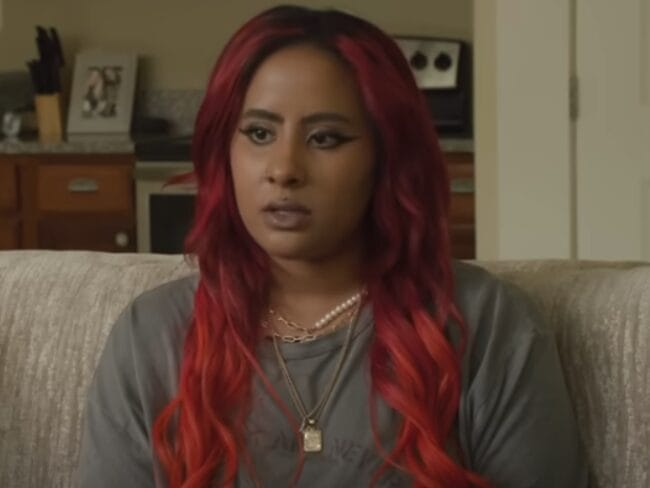Introduction
Quotes
“Opioids do more than just stop pain. They also make us comfortable. They often have been used incorrectly to stop many types of pain, so that can be psychological pain, emotional pain because they do bring about a certain level of euphoria. But because of that euphoria, we can develop mechanistic changes in our brain that take us to the point that we desire or crave opioids more than we desire or crave other things that are necessities in our life, and that in and of itself is what opioid use disorder is – it’s a disease rather than moral failing.”
“I know what happens whenever people don’t get connected with resources in a timely manner. They do things to stop the pain, stop the physical pain, the emotional pain … too often they go out and use again.”
“When we realized we have this huge problem and doctors need to prescribe less of this, we had so many people that were already dependent on the medication … and when you decrease the supply, then patients have to turn to other sources … like heroin and now, unfortunately, things like fentanyl.”
“When I found it and I first started doing heroin, I was surprised at home amazing it made me feel. I was kind of expecting it to make me sick or to be really scary, but it was not – it was incredible. I remember thinking, ‘his is how I want to feel for the rest of my life’. The feeling of trying to change the way I felt, that was what I was searching for, something outside of myself to make myself feel comfortable … it was a constant search and chase.”

“Heroin felt like a warm blanket coming out of the dryer and someone wrapping you super tight in it. It just stopped all the problems for that moment, it made me just slow down … it was just a calming feeling I guess but also it was killing me.”
MIKAILA WINGFIELD
“Towards the end of my addiction there was a period of time [with] drugs that were currently hitting the streets that were cut with fentanyl. I was so sick in my addiction that that’s what I needed to get high – straight heroin, pure heroin, didn’t touch me, so I overdosed 13 times all together on heroin and fentanyl.”
“Dr. Seuss said, Don’t cry because it’s over, smile because it happened, and Haley happened to this world, she truly happened to all of us. We’re so lucky to have had her in our lives. She had a positive impact on all of us and we hope you’ll continue to tell Haley’s story as you move forward. We know the sun will come up again tomorrow. For a while it may not be as bright as it once was, but in time we will laugh more and cry less, and forever hold her in our hearts.”
“These pills are laced with fentanyl … drug use today is like playing Russian Roulette but adding fentanyl to the equation is like adding another bullet to the chamber.”
“To self-medicate, to try to make yourself feel better fast and easy, can have consequences that you don’t even imagine. The draw of these drugs is so powerful that it’s hard to make yourself step back and look at the risks.”
“I think the other thing that’s hard about losing your child, about losing anybody probably, is we don’t have any new memories anymore. The only memories we have are captured in pictures and videos and I can now only remember or see her in a way that has already happened.”
Continue Learning
Please review the additional resources below to find more information on the some of the topics discussed in this resource. If you have any suggestions, comments, or concerns please do not hestitate to contact me!
Share Your Opinion!
There are no reviews yet. Be the first one to write one.

